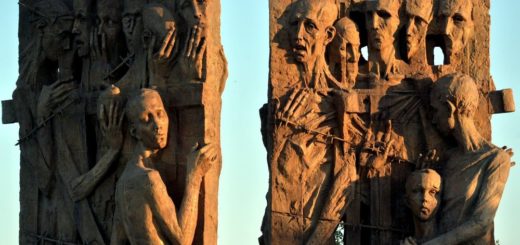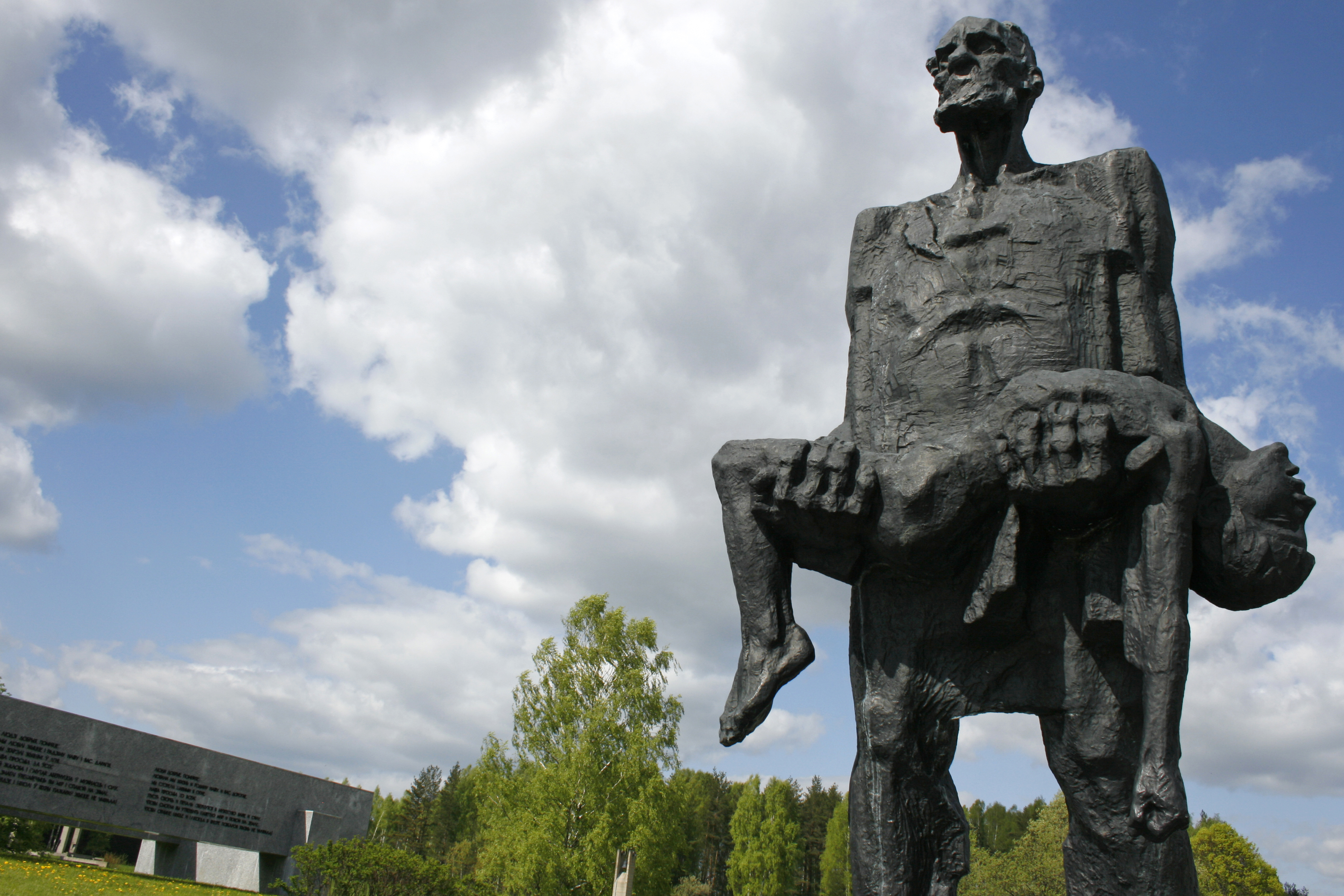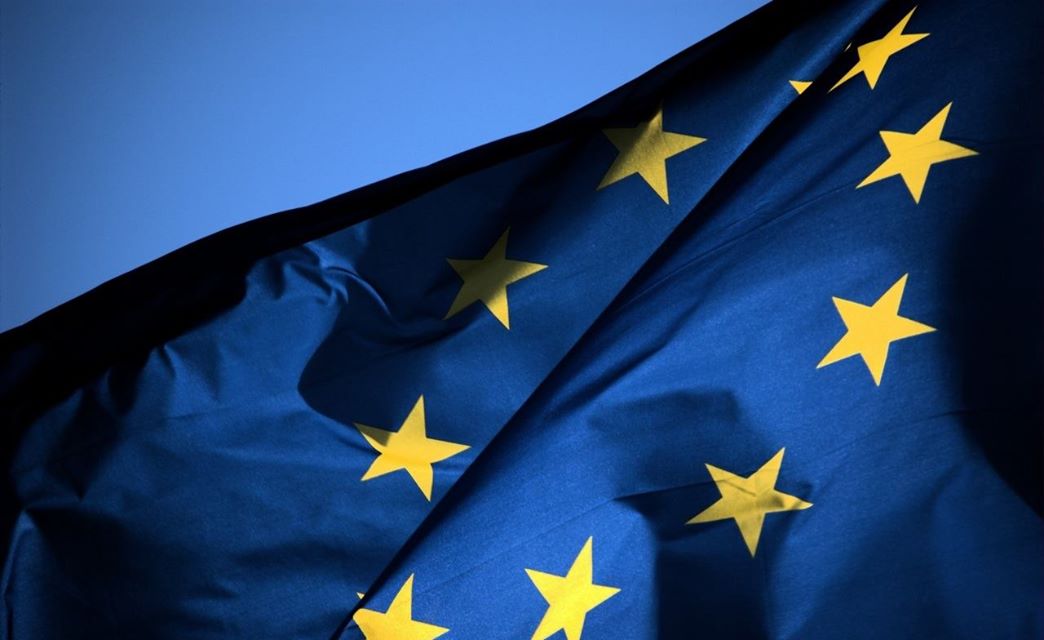Members of the BNR Rada saved Jews during World War II, historian says
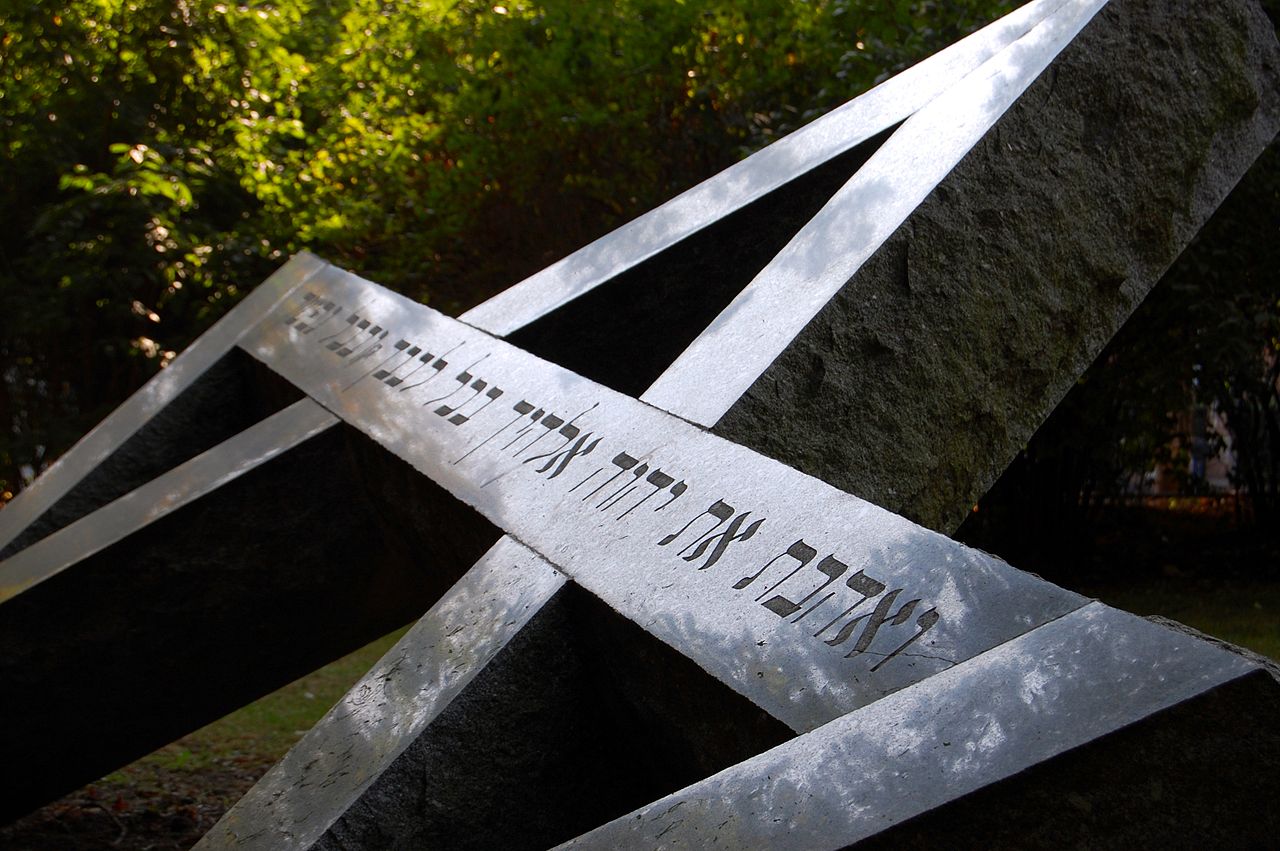
Historian Źmicier Drozd has penned an open letter to the official institutions of Israel, wherein he requests the posthumous recognition of Łarysa and Janka Hienijuš, Vasil Zacharka, Vasil Rusak, and Piotr Bokač as “Righteous Among the Nations.” These individuals were members of the Belarusian Self-Help Committee in Prague during the period of 1941-1945. Their courageous actions saved the lives of Arkadź, Anatol, and Jaryna Volfson, residents of Prague who were of Jewish descent.
It’s worth noting that Vasil Zacharka had previously served as the President of the Rada of the Belarusian Democratic Republic in exile from 1928 to 1943, while Łarysa Hienijuš held the position of General Secretary of the Government of the Belarusian Democratic Republic in exile from 1943 onwards.
In his letter, Źmicier Drozd highlights the self-sacrificing efforts of the Committee members. They provided the Volfson family with documents stating that they were Orthodox Belarusians, even though all parties involved were aware of their true Jewish heritage. This act placed the lives of all Committee members at risk, as they knowingly issued false documents to protect the Volfson family from Nazi persecution. Thanks to these documents, the Volfson family managed to survive the occupation.
Drozd’s assertion draws upon a combination of historical documents from the Russian State Archives (GARF) and the recollections of Łarysa Hienijuš, as documented in her work ‘Збор твораў’ (Collected Works) published in 2010.
According to Łarysa Hienijuš’s recollections, the Germans imposed stringent regulations during their occupation of Prague, forcing everyone to align themselves with officially sanctioned organisations. Belarusians were permitted to establish the Self-Help Committee, with Piotr Bokač as Secretary and Łarysa Hienijuš herself serving as Treasurer. Despite the dangers involved, the Committee took the brave step of accepting the Volfson family, who were Jewish, as members, thus providing them with the Committee’s protective credentials. This decision was not without risk, but trust prevailed within the group, and there were no traitors among them. The Committee did not engage in any political activities but instead adhered to the narrow confines of its self-help mission.
Arkadź Volfson, a Jew, was able to survive the war due to his association with the Belarusian Self-Help Committee. Łarysa Hienijuš’s memoirs confirm that the Volfson family managed to evade detection during the war, despite their limited involvement with the Committee.
Notably, Łarysa Hienijuš expressed concern about potential repercussions in the post-war period, particularly regarding Volfson, who could have unintentionally caused harm to their group.
Further corroborating Łarysa Hienijuš’s recollections, Źmicier Drozd includes a questionnaire that Arkadź Volfson and his children, Anatol and Jaryna, filled out when they joined the Belarusian Self-Help Committee in Prague. These documents are archived in the State Archive of the Russian Federation (Государственный архив Российской Федерации, фонд ГАРФ_Ф_р-5875 оп 1 д 31. листы 5, 6 и 7).
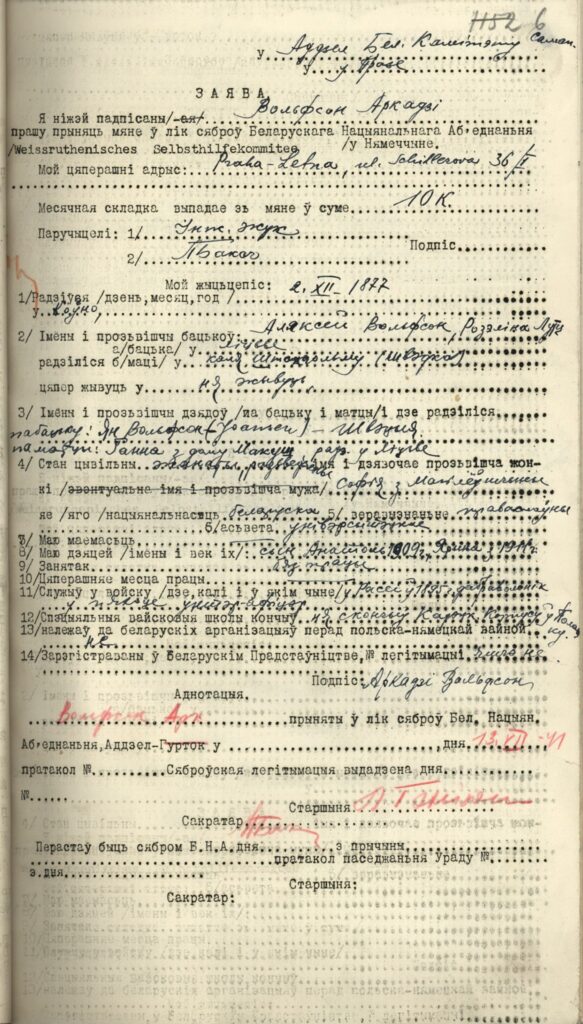
It’s important to note that after the war, Łarysa and Janka Hienijuš, Vasil Rusak, and Piotr Bokač faced repression by the Soviet regime.
Additionally, there is evidence that Vasil Rusak, an active figure in the Belarusian diaspora in interwar Czechoslovakia, played a role in saving two Jewish families from Nazi persecution by helping them obtain certificates of Belarusian origin.
In conclusion, Źmicier Drozd asserts that all members of the Belarusian Self-Help Committee in Prague demonstrated immense courage by knowingly risking their lives to protect a Jewish family. He argues that these individuals meet the criteria for posthumous recognition as “Righteous Among the Nations.”
Furthermore, historical accounts reveal that Vacłaŭ Ivanoŭski, former Minister of Education of the Belarusian Democratic Republic, contributed to rescuing Jews from the Nazis during the war. His family provided shelter to two Jewish women and later received the title of “Righteous Among the Nations” in 2001. Lastly, the memoirs of late Anton Šukiełojć, a well-known member of the Belarusian diaspora in the United States, mention that Vacłaŭ Ivanoŭski, while appointed mayor of Minsk by the German occupiers, secretly hired Jews and members of the underground Polish resistance as workers, providing them with documents to protect them from Nazi persecution.

